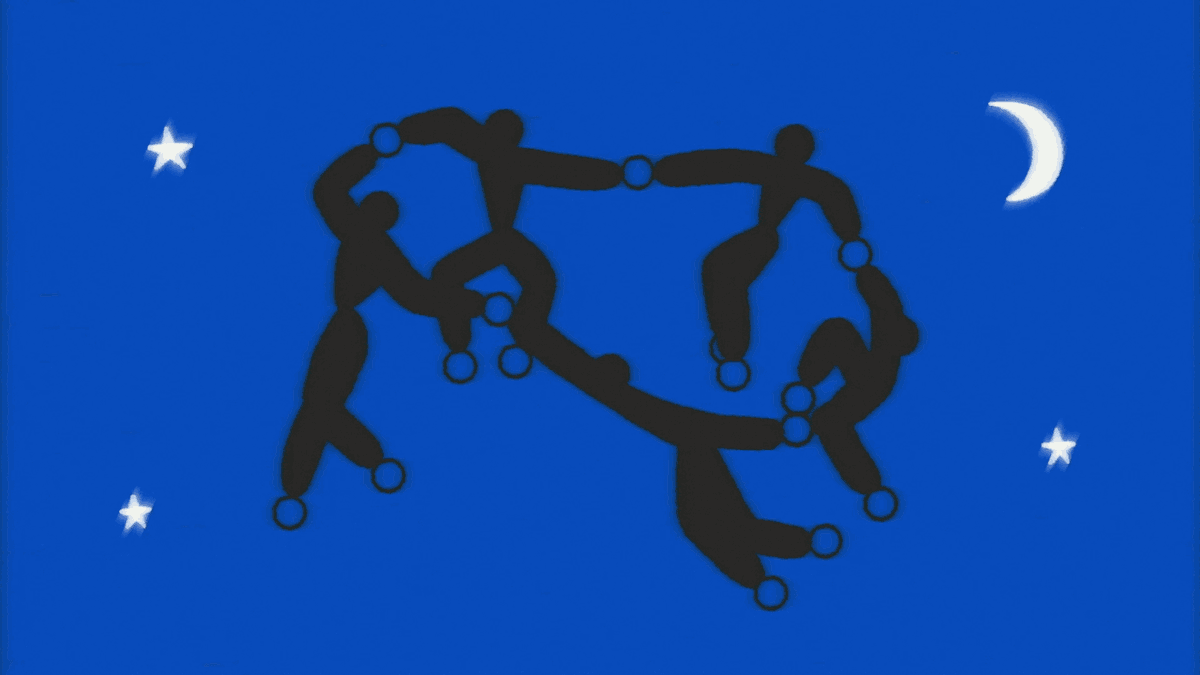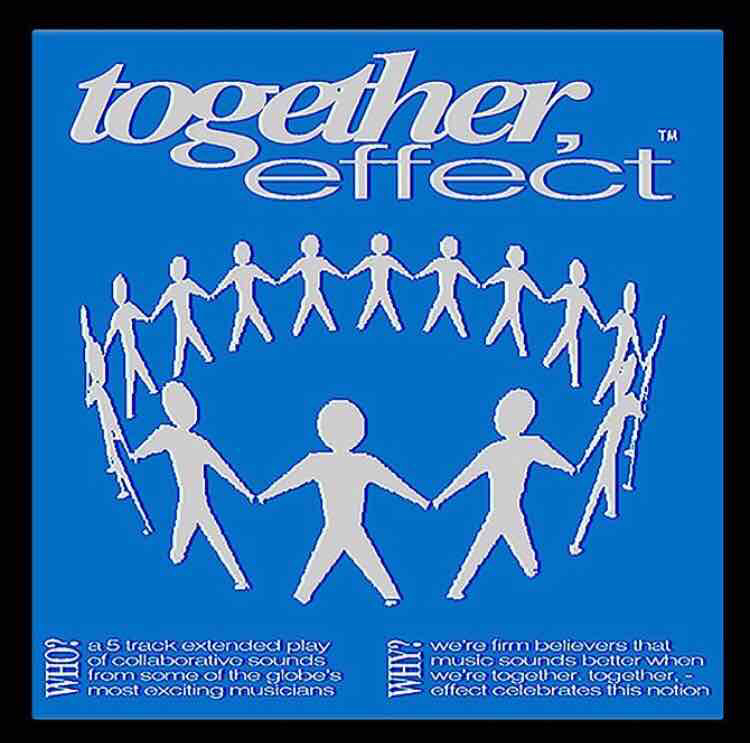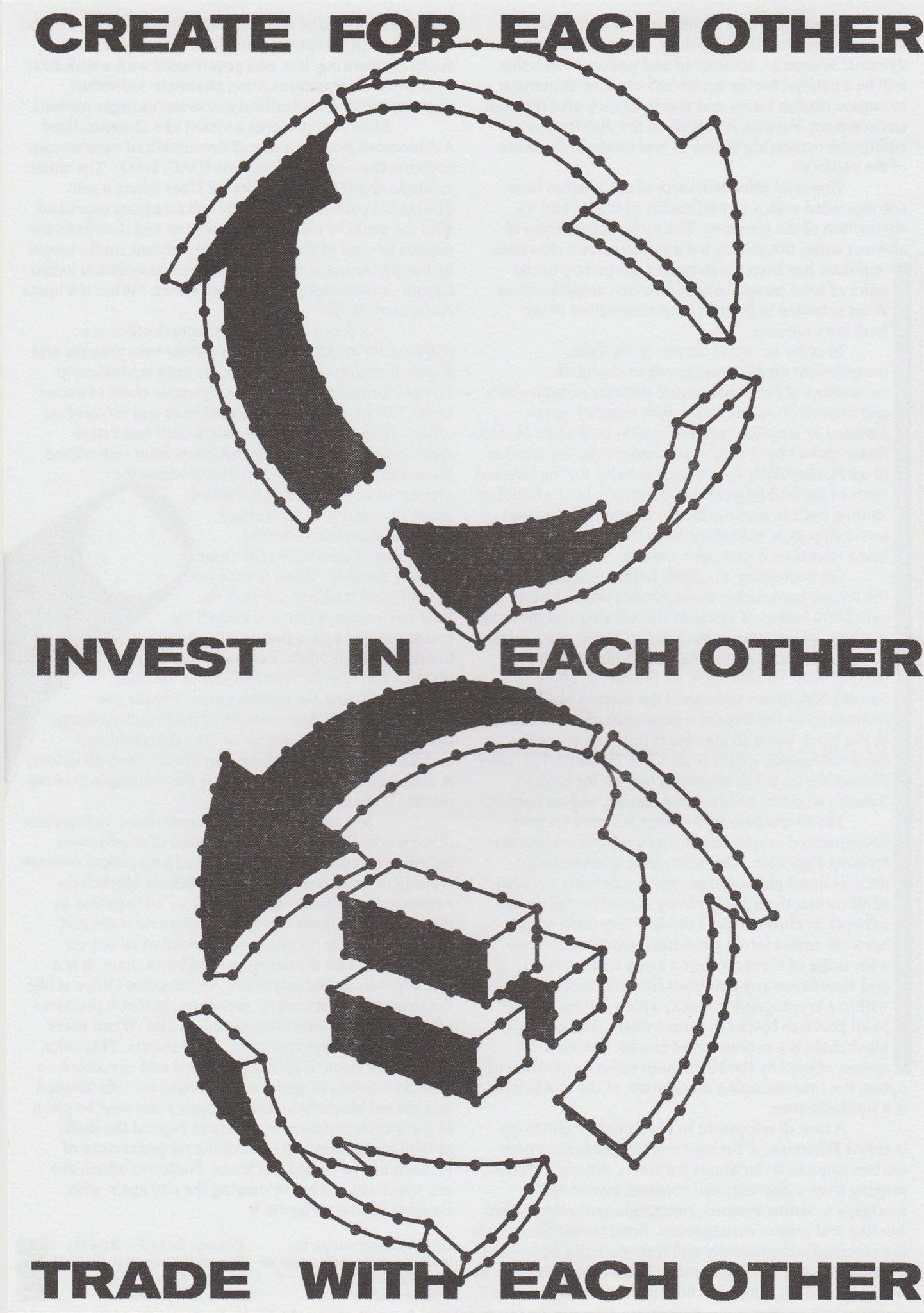
I've spent the last week immersed in web3, learning as much as I can specifically about DAOs — what they really are, the deal with governance models, compliant legal entity strategies, optimal tooling stacks, IRL working examples, etc.
And I've consistently circled back to this working thesis that the future of independent work needs exactly this.
In my time working on building marketplaces for local creatives or cannabis workers, or even working as a freelancer myself, you realize that the power was never really in your hands to begin with as a contractor.
The dream is often marketed as being 'your own boss,' but in reality, it's more like being treated as a pseudo-wage slaves without benefits and key protections.
You’re left to fend for yourself at the mercy of platforms and clients.
You might say, well, that's because it's hard to run your own independent operation, which is why we have companies in the first place. Companies provide work, infrastructure, resources, and protection.
Well, not necessarily—at least not for the benefit of the worker.
Corporations came about as a product of the industrial revolution to better optimize production by having a guaranteed workforce that can keep pace with demand, minimize transaction costs, and easily aggregate capital to do things.
It was a win-win for the employer and employee because it provided stability and insurance for workers even at their own expense.
The model was popularized and evolved to where we are today with the latest manifestations being ever-scaling companies and platforms who are amazing aggregators for work, talent, labor, and capital, but have disproportionately benefited from being just the intermediary.
And this hasn’t gone unnoticed.
Historically, workers themselves have acknowledged this time and time again through new independent movements, ideologies, and models.
It’s just that most incarnations never fully live up to their potential and go dormant until they are resurfaced again with a small, incremental twist.
One such incarnation, having cycled many times, but I believe has hope this time around are worker cooperatives.
The Mondragon Corporation and REI are two prime examples of historical cooperatives that worked immensely well, and others like Ampled are up-and-comers slowly making waves.
They are old, but have become new again, and provide an alternative path for independents.
I believe what we're seeing now is a new form of cooperatives rewrapped, empowered, and elevated as DAOs where independent workers are banding together to create something potentially more powerful than any corporation or cooperative before.

Packy of Not Boring wrote this piece that had a pretty tremendous impact on my thinking.
In The Cooperation Economy, he pens how the emergent way of working will be liquid super teams or collectives of people who independently, either formally or informally, to do work together.
The most compelling point he proposes is that people individually have the capability to become their own trillion-dollar company when you start to break down the primitives that corporations are able to offer and enable the individual.
And extrapolating out a trend of more workers taking on independent work and realizing rising earnings, we can expect that this coupled with generational shift and desire for autonomy and flexibility leads to the prediction that the next decade of work will include independent work as a core part of any worker's portfolio and likely integral to every businesses' operations.
And then, possibly, a trillionaire will emerge.
Regardless, the more I dug deeper, the more I realized that it is necessary not only to build a more equitable world for people but a logical and organic step for businesses to survive, and the stars are aligning for this to happen.

If you haven't figured it out to this point, I'm incredibly bullish on web3.
You could call it another cycle of unbundling and hype, but people are progressively beginning to acknowledge that we can accomplish more with less and can do so.
This means less capital, fewer people, and fewer costs, and web3 is enabling this at the center.
Imagine a world where you no longer need an obscene headcount for alignment, capital freely flows if the idea and work are good, the work you do and contribute is compensated accurately, and ownership is not a question but a requirement.
Again, to be clear, I don't believe becoming a trillionaire is feasible alone. Not everyone can be a renaissance business, but a small group or a cooperative can.
This is why I think DAOs (or worker cooperatives 3.0) are the future.
Historically, cooperatives made sense because they're owned and operated by their members.
This means members (creators, consumers, or both) typically fund the co-op, enabling them to have governance and extract most of the value created, if not all.
When they work, it's an amazing thing.
Members share similar communal values and understanding of pooling resources to accomplish things that benefit the collective, everyone gets rewarded for such, new members aligned with the mission join, and the cycle repeats.
But, cooperatives aren't all peace and love.
Why?
Coordination of members is difficult. Raising seed capital is hard. Complex governance stalls things—all reasons why many go the corporate route.
But the promise of DAOs changes things.
Concisely put, DAOs introduce clear and transparent rules, incentives, and governance, all managed by code and automation.
I'm inspired by examples like Raid Guild and projects like Braintrust, who've built new models of work leveraging web3 concepts and technology.
What they've shown so far is there's a lot of potential unlock that can happen.
- Smart contracts enable peer-to-peer coordination (and trust in trustless) and align incentives in a minimally extractive way
- Pseudonymous work is feasible
- Tokens create new possibilities for self-organization
- Tokens enable new forms of ownership
- Tokens enable new forms of governance
- Tokens enable new forms of capital creation and distribution
- Tokens create intrinsic network effects
- Decentralized governance reduces risks linked to the centralized power and authority
- Decentralized governance focuses on long term growth versus short term gains
- Decentralized identity enables flexible interoperability between organizations
And the list goes on.

What's the clearest in all of this to me is that the web3 movement is making it easier than ever to band together, align incentives, and compensate one another. The complicated part still left to be solved is managing that over time.
We know many independents and organizations already operate in loose squads, but they need better tooling to help facilitate onboarding to the ideology, managing many-to-many relationships, fluid participation, and ownership.
Most web 2.0 tooling falls short, and alternatively, current-day DAO tooling is too technical and often prescribes models that don't necessarily fit small cooperatives and squads.
Not to mention, there are a few obvious things to acknowledge as it grows.
- Decentralization tends to make the organization more chaotic
- Keeping operations organized means compromising on decentralization
- Scaling makes it challenging to maintain a high degree of participation
- DAOs are most dangerous (in a good way) at scale, but most effective with a limited, but manageable amount of members
Yet, I'm still excited for a future where work is independent, interoperable, and done by highly collaborative networks built by and for workers — where you can work on what you want and how much you want with who you want, capture all the value of the work that you contribute, and build equity in not just a business, but something you can believe in.
It might be something, but it's probably nothing.
Thanks for reading.
